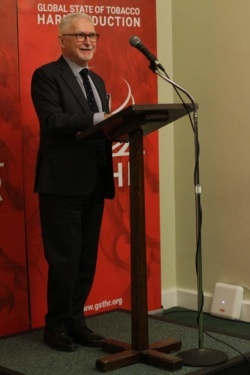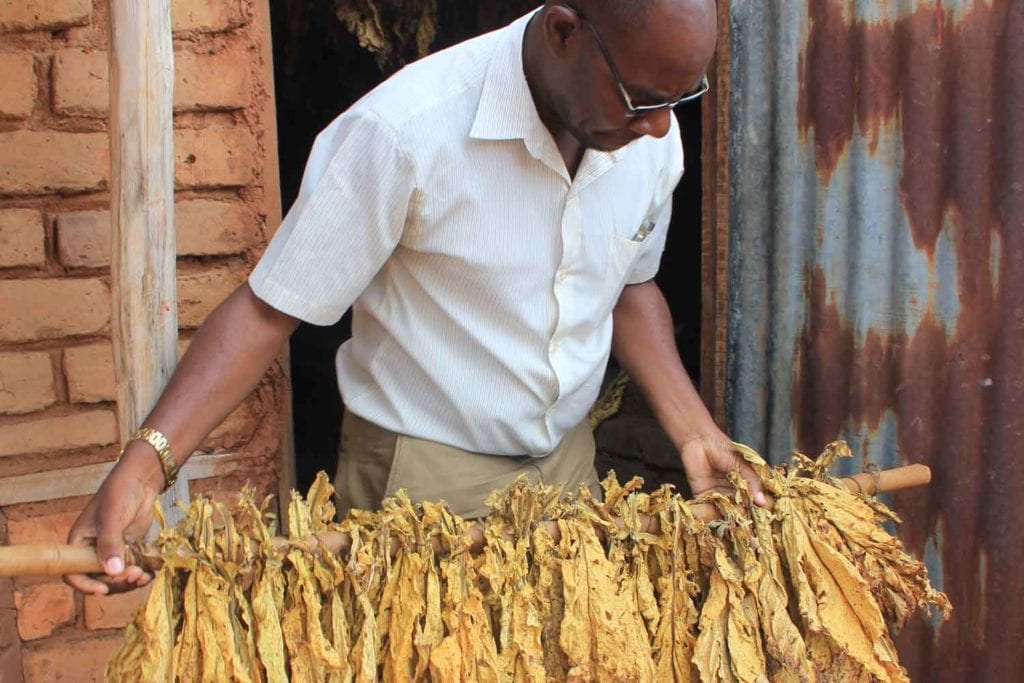
Tobacco leaf prices in Tanzania’s Tabora region have risen tenfold to TZS4,000 ($1.72) per kg this growing season due to the availability of reliable buyers and the quality of the product, reports the Daily News.
The price rise is a major incentive for small-scale tobacco growers in the region who are increasing their production levels to take advantage. Uyui District Executive Director (DED) Hemed Magaro noted that an increase in tobacco leaf firms have led to stiffer competition and higher prices for the best quality leaf. “There are at least five giant tobacco buyers in the region who led the addition of tobacco grades. This means that not only everybody sells, but at a reasonable price,” he said.
What’s more, extension officers have been visiting farmers throughout the growing season, giving agronomical advice and related services. This has resulted in better quality leaf.
Tobacco growers were elated by the firm prices. “Every farmer was crying last harvest season, but the situation is quite opposite at this moment,” said tobacco grower Good Nzola.
Tanzania Tobacco Board Acting Director Stanley Mnozya said the presence of reliable buyers had improved the availability and quality of tobacco seeds.
“We continue conducting farmers’ verification so that we can have an exact number and set proper means to serve them,” he said. “We have also made possible the availability of extension officers wherein a person serves at least 150 farmers. As a result, tobacco quality has been upgraded from 67 [percent] to 93 percent.”

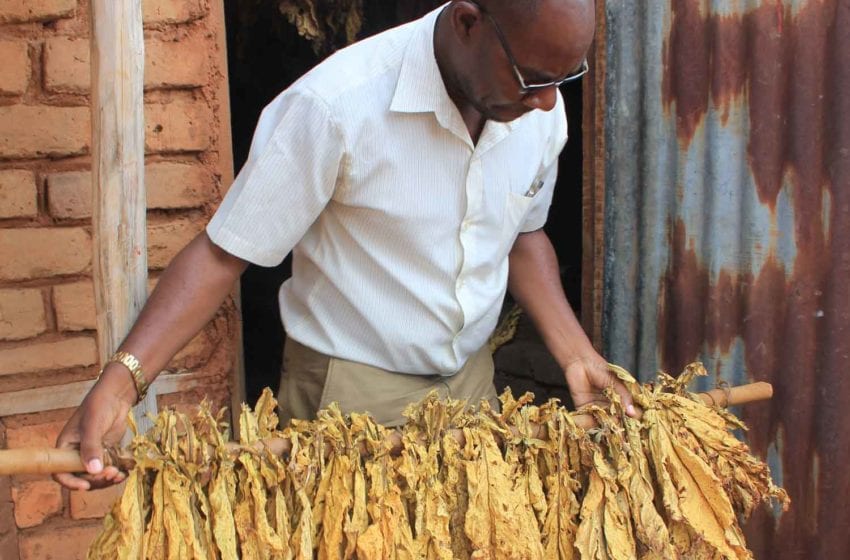












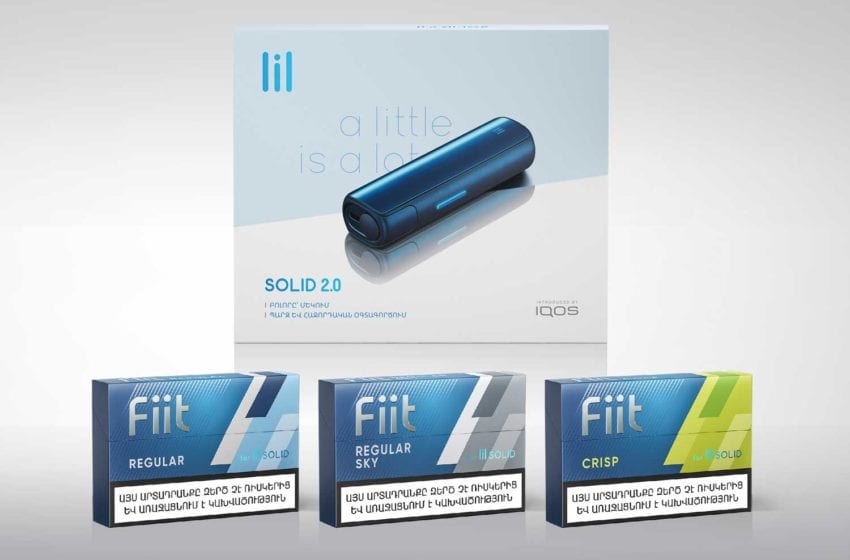
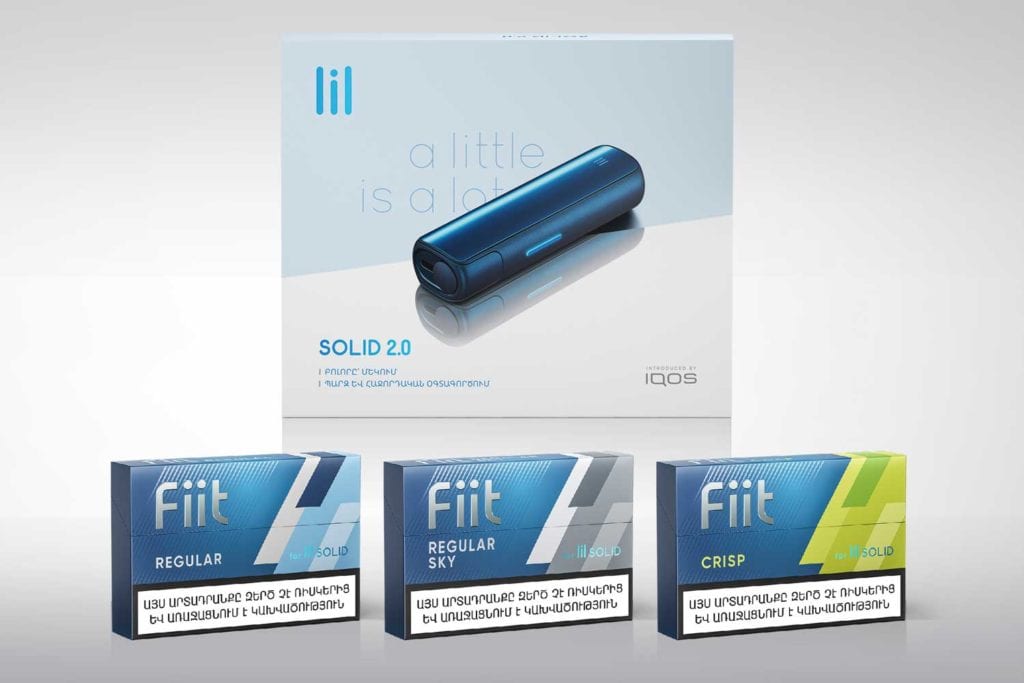
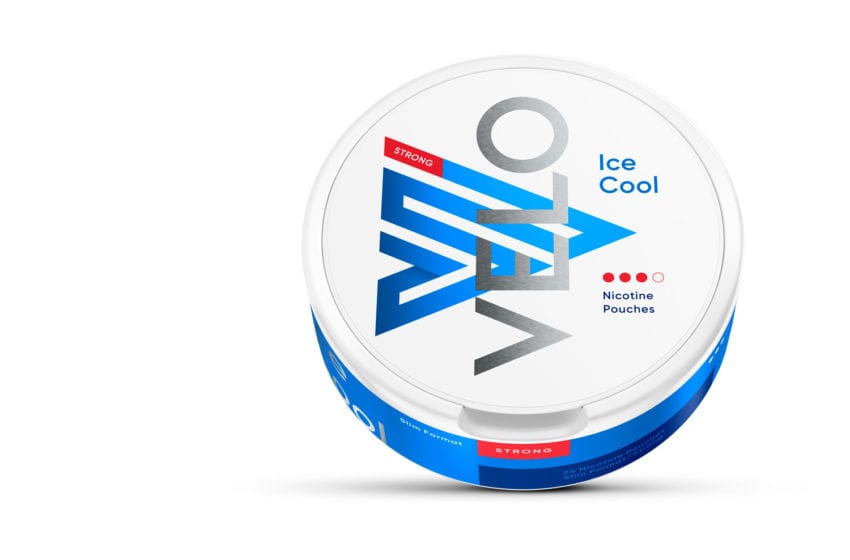
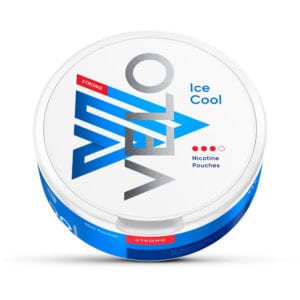 The study, published in
The study, published in 

